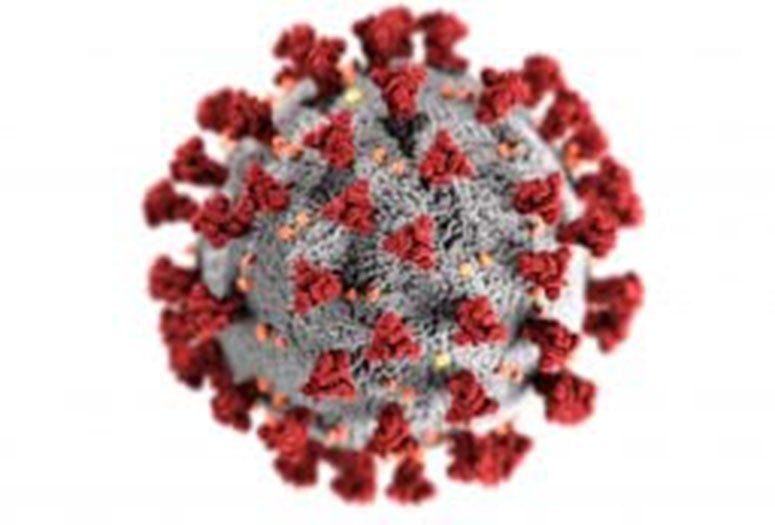By Heather Ferreyra
Special to the Rice News
The bioinformatics research group of Rice computer scientist Todd Treangen is collaborating with molecular diagnostics company Great Basin Scientific to optimize the design and computational evaluation of molecular detection assays for viral RNA of SARS-CoV-2, the pathogen that causes COVID-19. The aim of the co-development partnership is to streamline development and commercialization of robust and genetically stable COVID-19 testing.
Treangen, an assistant professor of computer science in Rice's Brown School of Engineering, is co-lead of COV-IRT, the COVID-19 International Research Team, which recently held its second international symposium on the latest breakthroughs.
The Treangen lab's COVID-19 diagnostics team, led by doctoral student Nicolae Sapoval, postdoctoral scientist Leo Elworth and Treangen, has developed novel bioinformatics software called OliVar, which allows researchers and assay developers to automate and design assays that target regions of the virus genome that have the lowest frequency of mutation. The software aids in designing high-quality molecular detection assays that specifically target regions of high genomic stability. The ability to identify stable genomic regions helps ensure test longevity and robustness for viral genomes that mutate often and evolve rapidly in nature.
Additional OliVar team members include software engineer Bryce Kille and doctoral students Yunxi Liu and Yilei Fu.
"This exciting collaboration with Great Basin will allow for computational methods and software developed in my research group to directly contribute to fast, sensitive and affordable detection and monitoring of SARS-CoV-2 and emerging pathogens," Treangen said.
Salt Lake City-based Great Basin is using OliVar-generated primer and probe designs to optimize, test, validate and incorporate into its Great Basin SARS-CoV-2 Direct Test, a reverse transcription polymerase chain reaction-based test currently in late-stage development that aims to detect SARS-CoV-2 RNA directly from upper respiratory patient specimens. The company is expected to seek emergency use authorization for the test from the Food and Drug Administration later this year.
– Heather Ferreyra is a publicist and marketing specialist in Rice’s Department of Computer Science.


